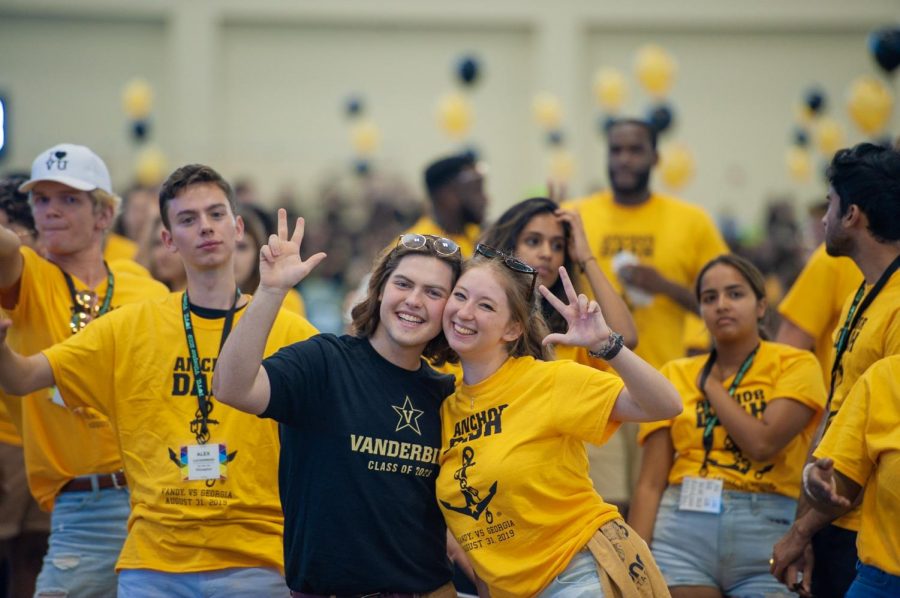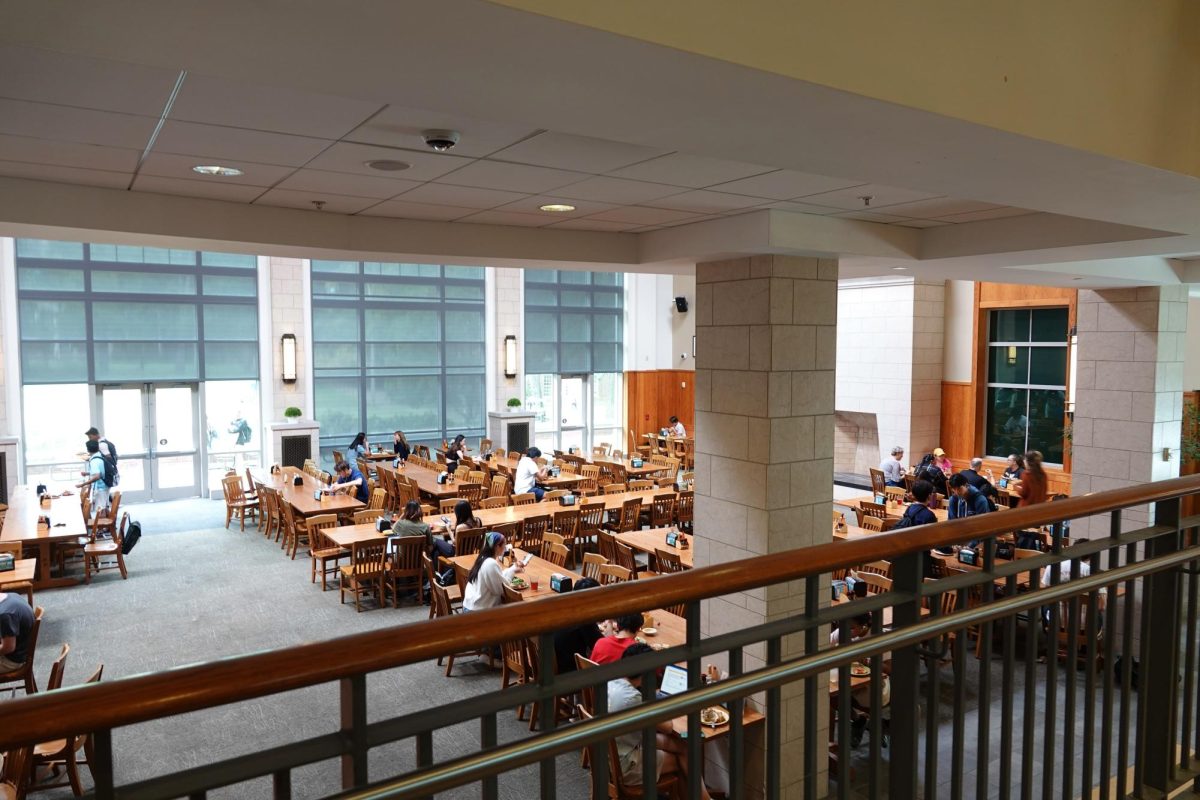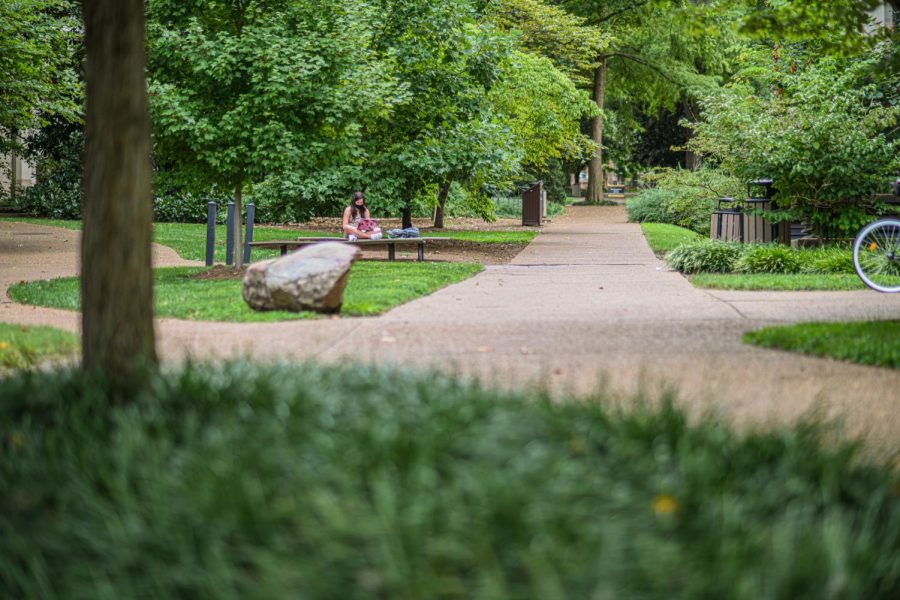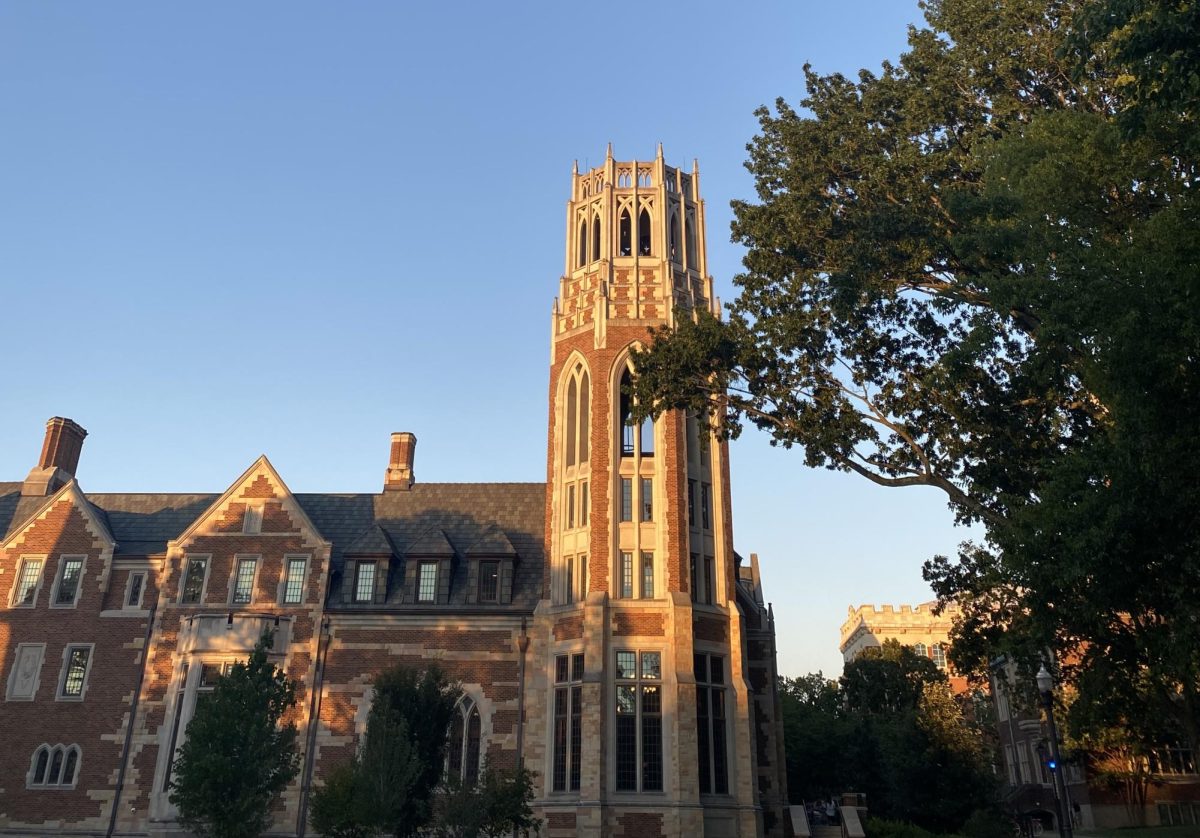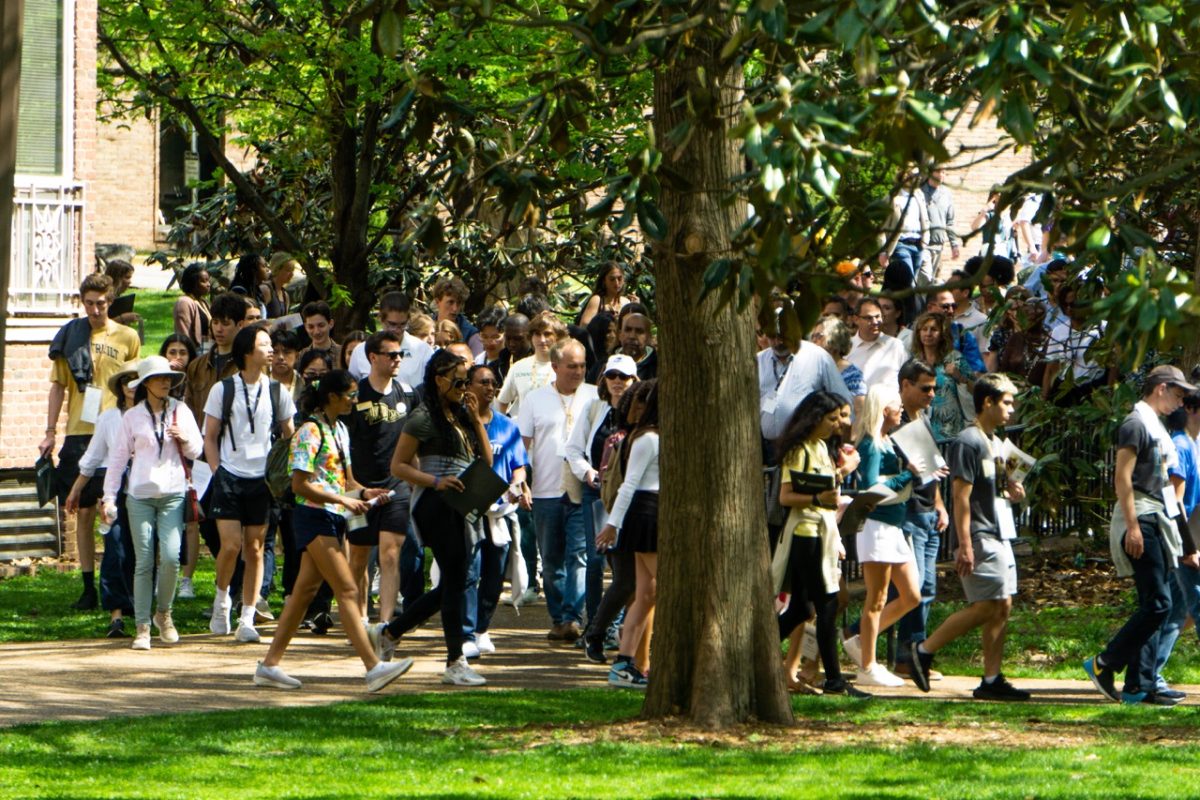Let’s face it: we’re all worrying about ourselves right now and focusing on how we’re going to survive another week during this first round of midterms. Work is beginning to pile up and we’ve still hardly mastered virtual education. While no one can argue the academic pressure isn’t turning up, it’s important to look beyond our individual situation and recognize what our fellow students are facing. Specifically, returning students need to consider what it must be like to be a new student this year.
Obviously, this is not the introduction to Vanderbilt first-year students had envisioned. They heard about all the amazing events and traditions Vanderbilt has to offer without getting to participate in any of them. On top of this, they had to graduate high school amidst global pandemonium, and the majority have left home for the first time in the most tumultuous era of recent history.
Lost in the shuffle are Vanderbilt’s new transfer students. This large cohort was tasked with the challenge of living off-campus at a new school, and most were unable to visit Nashville before signing a lease on housing. While the Class of 2024 is scattered across campus without any connectivity amongst each other and simply a virtual roommate, transfer students are living in apartments or houses with little connection to the campus itself. This necessitates extra energy and initiative to connect meaningfully to the Vanderbilt community.
By far the most invisible students are those studying virtually either in the United States or internationally. These students are in an extremely odd position, as they are receiving homework and grades from an institution which they may have never stepped foot on. Most importantly, these remote students have had little opportunity to establish a connection with their peers or settle into their place among the student body.
It’s no small task to support thousands of undergraduate students during a pandemic. We recognize the uniquely difficult position that Vanderbilt is in. However, these students are isolated without any chance for meaningful social interaction and are desperate for a sense of community, as evidenced by the mass gathering on Commons last month. Although it would be ideal for the university to step up for its students, it’s perplexed as to how it can accomplish this.
That’s where we step in. As returning students, let’s bridge the social distance between us and forge connections with this sizable part of our student body. Reach out to the first-year in your class to grab a socially distant coffee. Wave to the transfer student in your apartment building, and ask them how they’re doing. Be there for them, just like returning students were for you when you were new.
Without a physical orientation or any of the events that build cohesion between new students, it’s imperative that returning students be proactive and continue the strong sense of community in this social vacuum. Reach to the person you know from back home who now goes here, or follow a new student you hear about on social media. Making these students feel welcome doesn’t need to take time out of our busy schedules. Simple actions can provide a lot of comfort, and especially during this strange time, guidance from returning students has even more of an impact than normal.
As returning students, we already have social support networks at Vanderbilt, as well as clubs, organizations and student groups that give us a sense of involvement and belonging. New students are braving this same academic world without any of these connections. Let’s integrate new students into our organizations. Let’s help them find their niche, just as we once found ours. Right now, they need the extra help to accomplish this.
It’s easy to be self-interested during this time and worry only about how we ourselves are going to get through COVID-19. After all, each new day of 2020 brings a new storm to weather. However, our new Commodores could use the extra attention right now. Although it sounds corny, let’s be the sociable, welcoming student body we’re known for being and provide a friendly face to Vanderbilt’s newest students.

